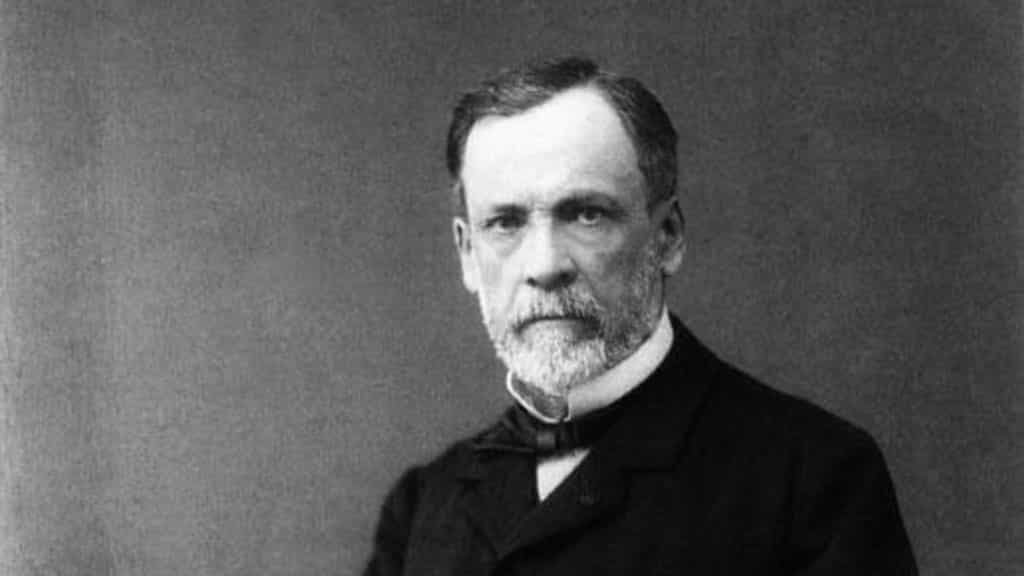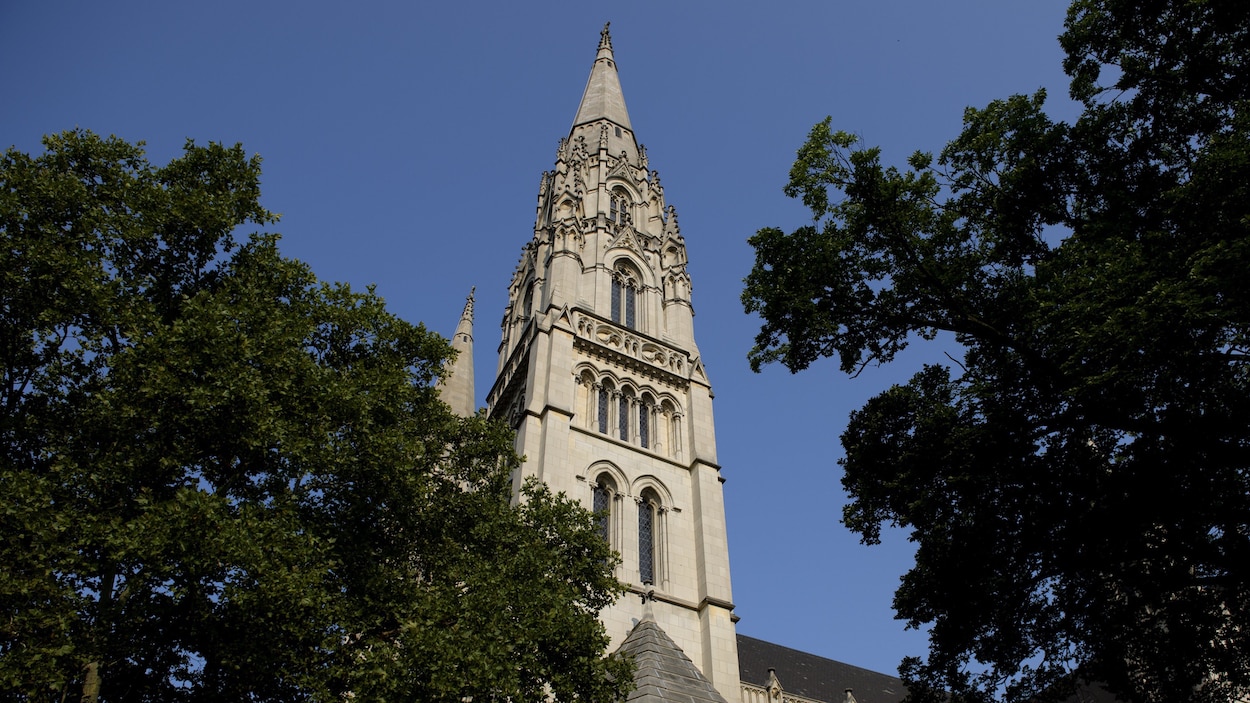About 130 years ago in France, two men were sharing a train compartment: a young man who was smartly dressed, and an older man in simple clothing. The older gentleman was silently praying the Rosary, and the youth said contemptuously, “I see you still believe in that medieval clap-trap about praying, and I suppose you believe in the Virgin Mary and all the other religious hogwash the priests tell you.” The man answered, “Yes, I do—don’t you?” The young man laughed and said, “Me believe in superstition? I learned the truth in college—and if you’re smart you’ll throw those silly beads out the window and learn about the new science.” The old man asked, “The new science? I’m afraid I don’t understand—perhaps you could help me.” The youth smugly answered, “Well, assuming you can read, I’d be happy to mail you some literature . . . where should I send it?” The old man fumbled in his coat pocket for a moment, then pulled out his card, which read: Louis Pasteur, Paris Institute for Scientific Research (Tonne, Stories for Sermons, Vol. 11, #272).
Louis Pasteur, of course, was the famous chemist who, among his many important, discoveries, developed the process for ensuring the purity of milk we call pasteurization. Though he was one of the greatest scientists in history, he was also a man of faith, someone humble enough to admit his need for God. This must also be true of us. We live in the greatest and most technologically advanced country in history, surrounded by a world of new inventions and discoveries, with possibilities and opportunities beyond our imagining. Many of the devices and conveniences we take for granted were not only unknown a mere fifty years ago, but practically inconceivable. Our wonders of science and engineering and technology can be extremely useful and even life-changing, but in and of themselves they cannot bring us happiness. Jesus alone can give us inner peace— but we must be humble enough to accept it.
Humility is absolutely essential for those who wish to enter God’s Kingdom, as today’s readings make very clear. The prophet Zechariah (Zec 9:9-10) foretold that the Savior sent by God would come not with awesome power and in unapproachable majesty, but in meekness and humility, riding the foal of an ass. This, of course, is what Jesus did on Palm Sunday. Through His death and resurrection He offers us salvation; it’s our responsibility to accept. In his Letter to the Romans (8:9, 11-13), St. Paul describes some of the implications of such a choice on our part. We must live according to the spirit, Paul says, not the flesh—meaning the ways of the world. Among others things, this calls us to reject the worldly values of pride, aloofness, and excessive self-reliance; instead, we must choose the spiritual values of humility, acceptance, and mutual respect and concern. In the Gospel of Matthew (11:25-30), Jesus presents Himself as an example: “Learn from Me,” He says, “for I am meek and humble of heart.” Our Lord also tells us that God reveals His truth to those who, like children, are humble and trusting and dependent; however, He does not reveal Himself to the wise and learned and proud, who vainly search for truth on their own terms.
A 19th century army general in Europe known for his strong Christian character was one day leading some troops on a field exercise out in the countryside. That evening, he was observed talking to a poor beggar woman in the village where his troops were resting. Afterwards one of his staff officers suggested he shouldn’t be talking with someone so far below his social level, saying, “General, you ought to consider your rank.” The general replied, “What if my Lord Jesus had considered His rank?” (Tonne, Vol. 8, #95). Fortunately for us, the eternal, all-powerful Son of God humbled Himself so that we might be saved, and in His meekness, He invites us to take His yoke upon our shoulders. However, even though His yoke is easy, taking it upon ourselves goes against our natural desires. We want to be in charge of our lives—but following Jesus means placing His will first. In practical terms, this suggests that we must pray every day, asking for God’s guidance; it means trying to recognize Christ’s presence in everyone around us—especially in the people we don’t like. Carrying the yoke of Christ requires us to forgive those who’ve sinned against us, and be humble enough to seek forgiveness from those we’ve offended. Taking up our cross each day means not letting the problems and anxieties of life eat away at our hope, and not allowing our frustrations and disappointments to diminish our gratitude for God’s gifts. Following Jesus means being humble in our dealings with one another—in particular, taking the time to listen, especially within our own families. Instead of judging or analyzing those around us, we should—like the “merest children”—humbly accept the truth they’re trying to share.
If we try to control our relationship with Christ—by restricting religion to Sundays, by praying only when we need something, or by placing our desires ahead of God’s will— we’ll find it doesn’t work; we’re not being true either to Jesus or to ourselves. If, however, we follow Jesus on His terms, everything will fall into place. If we surrender our lives to Him, we don’t have to worry; we can be free to truly come alive. Arrogance blinds us; humility lets us see and use the truth. This was true for a great man like Louis Pasteur; Jesus wants it also to be true for each one of us.








